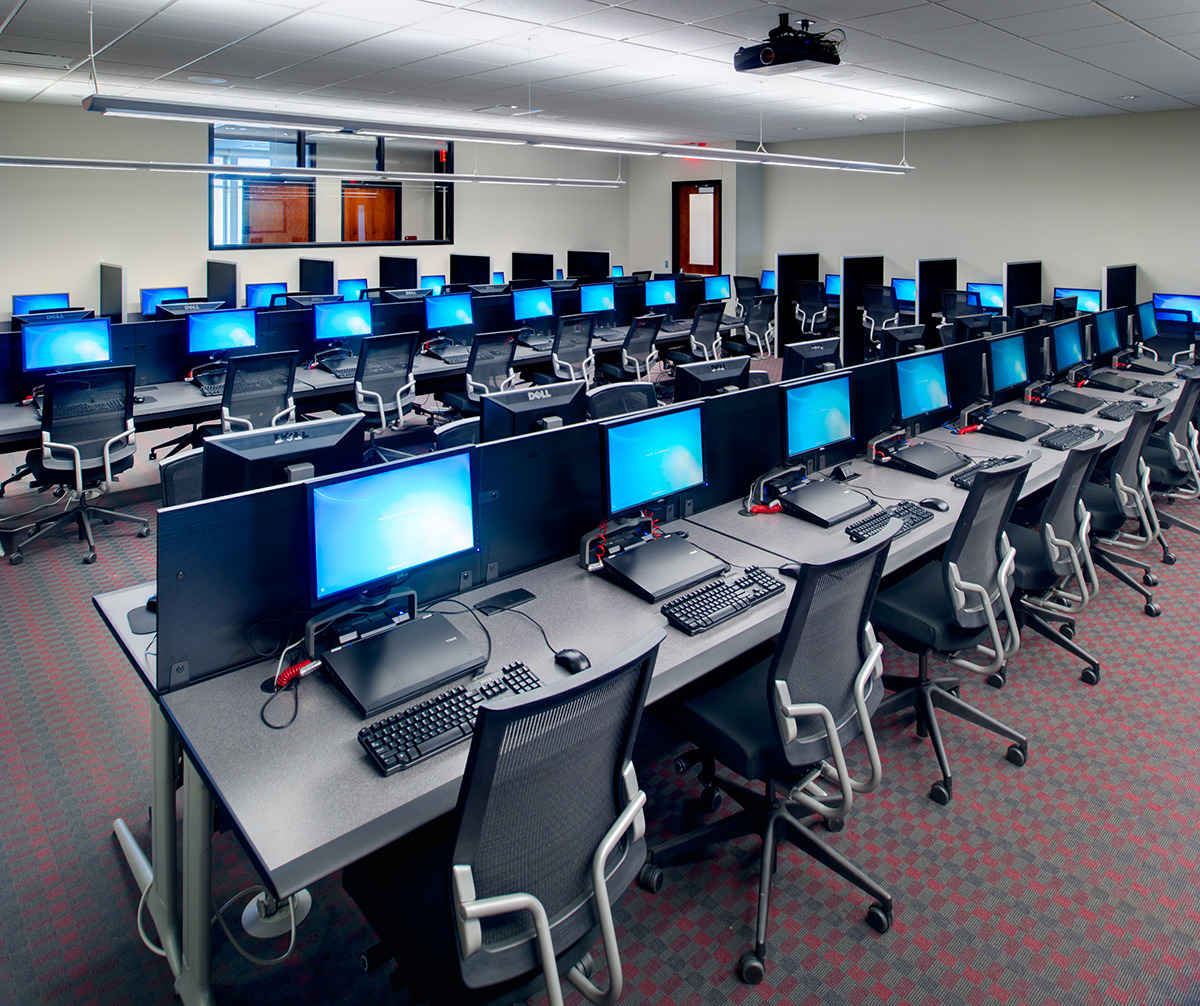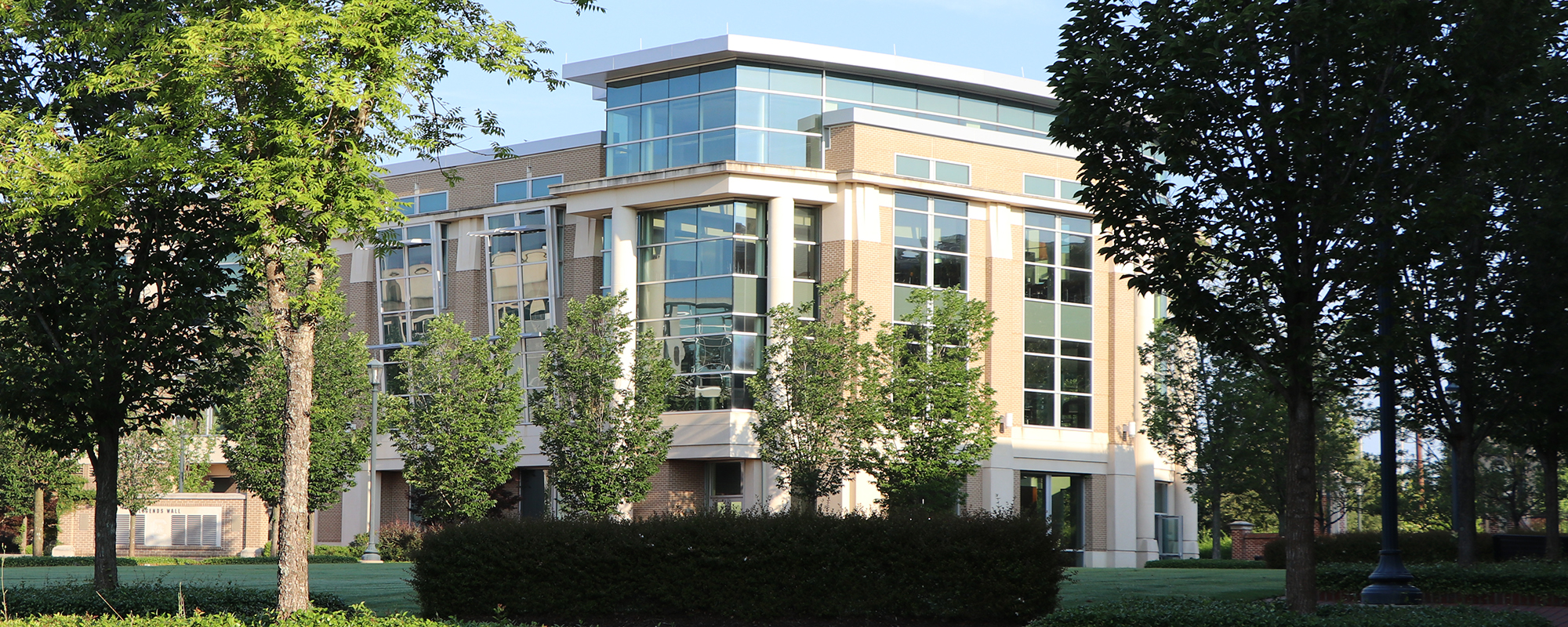
Gamecocks Make Positive Social Media Education a Priority
Aug. 24, 2015

Education outside of the traditional classroom is an important aspect of the student-athlete experience at South Carolina. The athletics department has ramped up its social media education for the Gamecocks and is one of many areas covered in the new SPTE 490 Student-Athlete Experience class, which is mandatory for all new South Carolina student-athletes.
“I think the most important message is to use social media as a tool to build a personal brand or image and also protect that image,” said Brittany Lane, Assistant Director of Marketing for Digital and Social Media, who leads the athletics department’s social media education efforts. “A lot of what we talk about is that, for student-athletes in particular, social media isn’t just a way to communicate with their friends any more. They’re in a position of higher visibility than they were before they arrived on campus. That comes with a greater responsibility.”
“It’s important to us because some people aren’t always very smart with what they put out on social media,” said Chelsea Drennan, a junior on the women’s soccer team. “We want people to have respect for us, just as we respect other people. We focus on posting things about game day and getting fans out to our games, or telling people about what we’re doing with community service and things like that.”
Between coaching staffs, the compliance office, media relations, and marketing offices, most of the Gamecocks’ social media is monitored throughout the year. However, this education isn’t simply telling the students what not to do.
“One of the things we tell them is that they are accountable for what they post,” Lane said. “In our education sessions, we’re placing a greater emphasis on how to use social media in a positive way. We want them to use social media to build their own personal brand and promote their teams.
“We’ve also been allowing some of our student-athletes to post to team Twitter and Instagram accounts. So we give some of them that added responsibility and spend extra time with them to train them on how to use social media as the voice of their team. That’s been a great educational opportunity as well.”
“It’s really important because we need to know how to promote our program and our team,” said Taylor Vincent, a junior on the women’s swim team. “We want to put the good stuff out there so people know about the positive things we’re doing.”
Safety is also a big part of the education. It’s not uncommon for fans to communicate with student-athletes on social media. While that is appreciated, the Gamecocks are educated about how to avoid uncomfortable online confrontations.
“This generation is built around immediate information and immediate gratification,” said McGee Moody, head coach of the swimming and diving team. “When something happens, the world knows about it in five seconds. Social media can be such an effective tool for the media because they don’t need to wait for second and third sources. It’s just there. Sometimes our student-athletes forget that, and when it hits that realm, then thousands or potentially millions of people can see it and see it immediately. Once it’s out there, you can’t take it back. Educating them what to put out and what not to put out, keeps them safe.”
“We talk to student-athletes about how passionate and great our fan base is,” Lane said. “It’s a great thing to engage with them in social media, but we also have to educate them on being able to handle any negative or inappropriate responses.”
In our education sessions, we’re placing a greater emphasis on how to use social media in a positive way.
Brittany Lane
In addition to reviewing the athletics department’s social media guidelines, tips for using social media to their advantage and benefit, and highlighting both good and bad examples from the student-athletes’ own social media accounts at the beginning of the year with each team, the classroom setting allows for a more detailed conversation.
“I go more in depth with the personal branding, examples and guidelines, best practices, and positive examples for our student-athletes to use social media,” Lane said. “Individual teams have their own rules and guidelines for social media too.”
“I’ll never forget in my first student-athlete orientation, and she put up some examples of embarrassing photos of what not to do,” said Travis Morrin, a redshirt sophomore on the men’s swim team. “And there I am, as she found a picture from my freshman year in high school when I took what I thought was a funny photo in my Speedo. It’s great to have the information and people like Brittany around to put emphasis on keeping things private and being more aware of what we’re doing in social media. It’s good that we’re getting this education over and over, so you make those good practices a habit and not just a one-time thing.”
Some of the most common mistakes found in social media use are posting private or personal information, poor language and sharing jokes, memes, or funny videos that the students don’t realize still reflect on them even if they weren’t the original authors of the content.
It’s good that we’re getting this education over and over, so you make those good practices a habit and not just a one-time thing.
Travis Morrin
“One of the benefits of presenting in this class is that it’s very interactive,” Lane said. “I put a lot of it on them to tell me how they use social media, and we work together on how to use it in the best possible way.”
With social media expanding each year with new mediums, there is a constant need to keep up and stay in touch with what today’s students are using beyond traditional outlets such as Facebook, Twitter and Instagram.
“Part of our education does involve keeping up with what’s popular,” Lane said. “Two or three years ago we weren’t even talking about Snapchat, but now it’s something I spend a lot of time on.”
The SPTE 490 class is offered by the Department of Sport and Entertainment Management and is open to any student, but it is now required for all student-athletes who are freshmen or transfers. In addition to social media education, the topics for the class include domestic violence, sexual assault, sexual harassment, hazing, bullying, alcohol, drugs, nutrition, eating disorders, concussions, gender equity, diversity, financial education and resume building.












